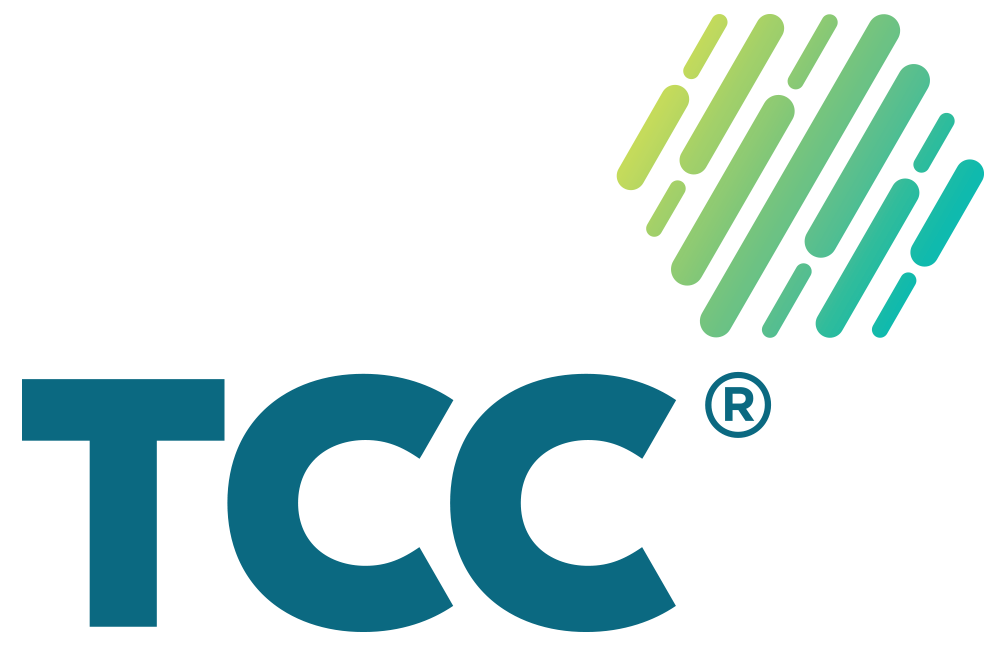How to galvanise your workforce for successful culture change
It’s no secret that only a relatively small percentage of businesses are able to successfully transform their culture. But what are these businesses doing differently? How do they make culture change stick, while the rest of us struggle to get a change programme off the ground?
More often than not, it comes down to employee support – one of the most powerful exchanges you can have. Businesses that successfully create culture change know that it’s about more than just mandating change. After all, you’re asking your workforce to change the habits of a lifetime. And while they might accept your plan, it’s unlikely that they’ll be the driving force behind it.
For widespread and enduring change, your employees need to be excited about it. And for that, you need a story they can get behind.
Here’s your three-step process for creating and articulating a story to galvanise your workforce, helping to drive real culture change.
Step 1: Define your purpose
This all starts with setting the scene and defining your purpose statement, striking at the heart of what you stand for as a business.
Relaying a clear, focused narrative about what your organisation represents, and why it exists, is a powerful tool for ensuring your employees buy into and contribute to culture change.
This is even more effective when you truly understand how your employees think and feel. Informing your culture programme with these insights will give your culture transformation programme more traction, enable lasting change.
Step two: Leverage all layers of your business
A change programme that solely relies on a top-down approach is likely to be viewed as coercive, and will only encourage suspicion, resistance or uncertainty.
Employees need a voice, and so a well-organised bottom-up strategy that allows for employee autonomy and empowerment is crucial for the whole process to work.

Top tip
Start by creating some ‘safe space’ discussions to learn what behaviours are most acutely impacted by your organisation’s current culture – the good and the bad. This also provides a valuable opportunity to observe and understand what’s really going on.
This is why you should be viewing your middle managers as key change agents. They are uniquely placed to engage your wider workforce because:
- They are in regular and close contact, so they are likely to understand the general feeling ‘on the ground’.
- For the most part, employees want their perspective and views to be recognised and valued by their direct line manager.
Involving middle management from the start can ensure a clear and consistent message is being delivered. After all, an employee might work with several managers and if they’re all saying or doing different things, it will only cause confusion.
What’s more, middle management can sometimes be a barrier to transformative change. It can often directly threaten their own status, power or recognition, so unsurprisingly there might be some reluctance at this level. Getting them on board early can mitigate against this.
Step three: Focus on the positive
One common problem we see is attempts to hand out a prescription before taking the time to get an accurate diagnosis. This often results in firms dwelling on the negative traits of their business, with a culture programme designed the ‘fix’ the bad bits.
But only after a full cultural assessment has revealed how the current order is sustained, can an effective culture transformation programme be deployed. Without it, the positive aspects of your culture – which often aren’t as visible – can be overlooked or even dismantled in the process.
Instead, dig deeper into the aspects of your culture that are already working well. Can you leverage this success and apply the same formula to other areas of the business?
With all layers of your business united behind a common purpose and galvanised by an optimistic outlook, rather than a dictatorial mandate, you’ll build support and confidence for your culture transformation programme – making success all the more likely.
Need help with your culture programme?
Speak to our experts about your culture challenges.

